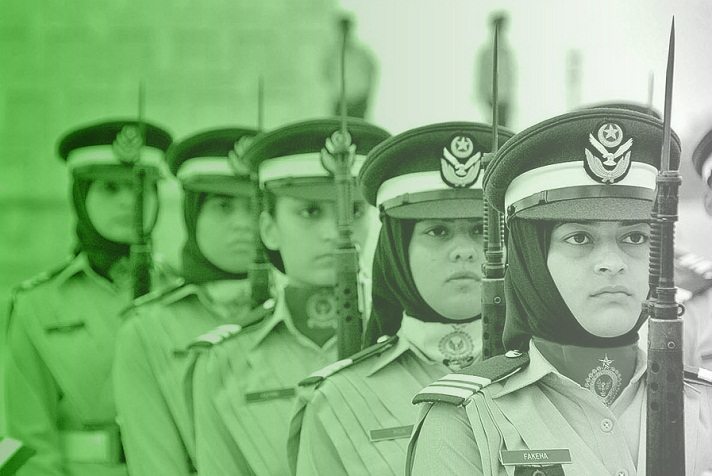Pakistani women are changing the face of the business community, shattering stereotypes in male-dominated professions like technology and entrepreneurship.
They are building impressive careers, launching successful, independent ventures of their own and training other young girls to follow in their footsteps. With impressive resumes and university pedigrees that rival most male executives, these career women in Pakistan are not alone.
They are part of a growing cadre of women whose talents and achievements are rising at a time when the business climate and technology industry in the country is on the rise, though still largely dominated by men.
Still, that hasn’t stopped women from making substantial inroads in industries that were once closed to them.
Women in Pakistan making strides in the boardroom
Women executives like Jehan Ara, who is the founder and president of the Pakistan Software Houses Association, are making impressive inroads in the tech community. Ara has more than 30 years of experience in technology, communications and media with companies around the world, and is also building an online virtual support network for women.
Some, like Anum Imtiaz, are focusing on global problems that could one day reap substantial rewards.
Clean water is a worldwide problem, and Imtiaz wants to help. Imtiaz has a master’s in environmental science and is the co-founder of Nano-Tech, a water filtration and treatment system that uses eco-friendly technology to provide clean, affordable and safe drinking water in countries where water pollution is epidemic.
Imtiaz’s company developed a water filtration system that removes nearly all bacteria from drinking water, without using electricity, and at a relatively low cost. The system is being tested but its applications are huge and have earned Imtiaz multiple international awards.
Impressive pedigrees
Cultural practices used to prevent many women from working outside their homes in Pakistan. Today, that’s changing – and more women are leading a number of successful businesses in a variety of industries while creating unheard of opportunities for other women. Though traditional gender roles still exist for many women in Pakistan, career women are making impressive gains.
They’ve made tremendous professional strides, and they’re intent on giving back and bringing a whole new, younger crop of women up the career ladder with them. More programs are cropping up to teach young women important technology skills, from how to use the Internet and basic computer skills to social media and advanced computer science skills.
Educating girls and young women
Education is a big part of the change, especially in urban areas. Even as more girls shift their focus to their careers, Pakistan still has the second-highest number of girls out of school in the world and more than 5 million children out of school, according to the Global Giving Foundation.
In 2012, UNESCO reported that 62% of girls in Pakistan ages seven to 15 had never spent time in a classroom. Educating girls and young women remains an uphill battle amid looming poverty, a poor economy, relatively low wages, high unemployment, high food prices and few incentives for women to become educated.
The reasons are many. Even though some schools may be located nearby, some girls still fail to enroll, instead opting for marriage and taking care of siblings in the household. Those cultural practices continue to be among the biggest obstacles to educate young girls.
Changing practices in rural areas
Just like in some urban areas, educating women in rural areas is also a systemic problem. A pilot program, Developments in Literacy (DIL) Schools, plans to educate 1,000 girls in rural areas in an effort to change those dire statistics. DIL focuses strictly on a girls’ curriculum in a positive and nurturing environment. There is extensive teacher training, a modern curriculum, after school programs, books and technology to inspire young girls.
In rural Pakistan, Maria Umar is doing her part to change the tide by giving rural women income streams.
She is not only training women in technology, she’s also giving them valuable job skills and new-found ways to earn money. As part of The Digital League, Umar trains rural women how to use computer-based services such as content writing, virtual assistance, apps, CRM systems, CMS, website development and videography, to earn income.
One by one, women are helping to break Pakistan’s glass ceiling and narrow the technology gap.
Featured image via flickr.


